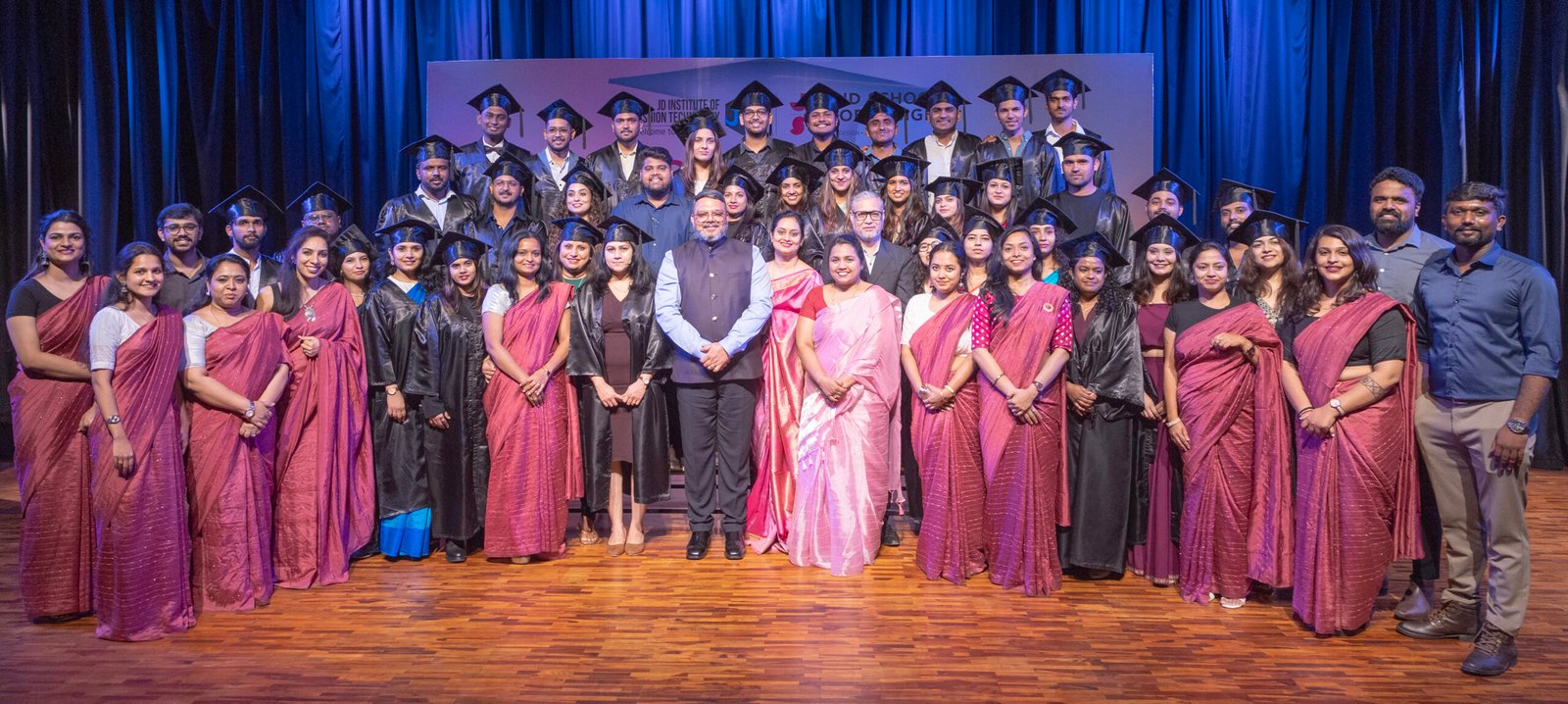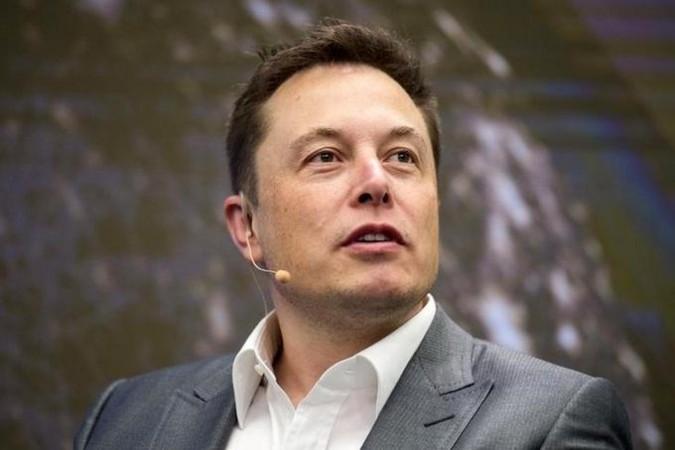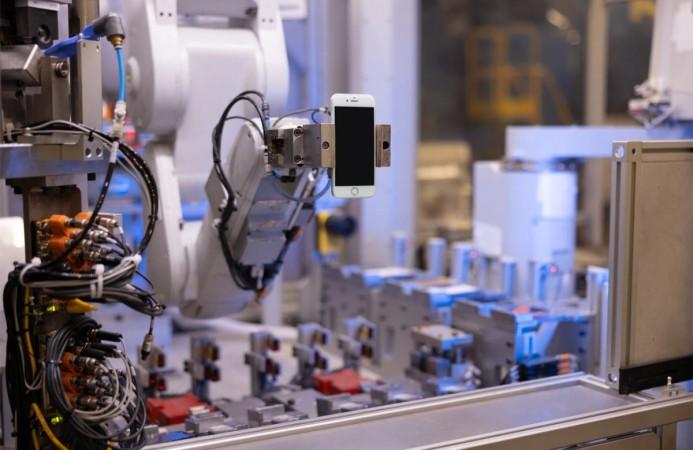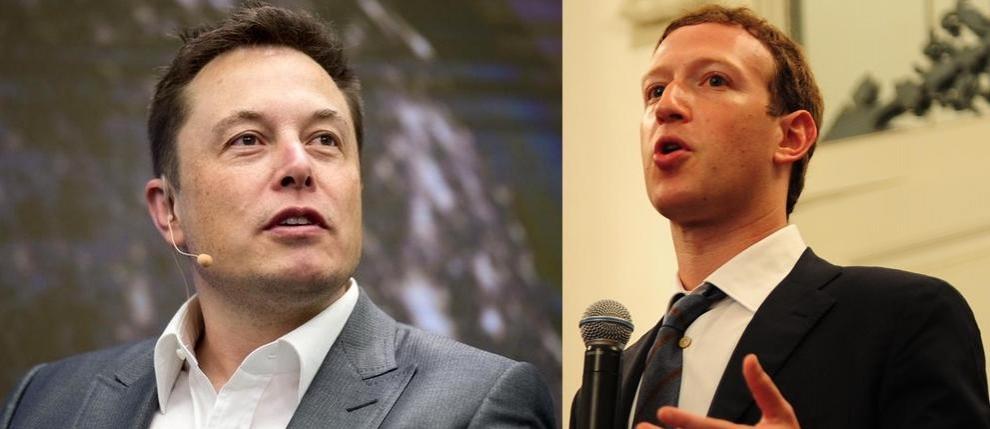
Industrial automation is undergoing a developing modification fueled by the cutting-edge innovation of edge computing. This technology shifts processing power closer to where data is generated, unlocking the potential for real-time decision-making and dramatically improving system efficiency. Vishvesh H. Khisty‘s work highlights how edge computing effectively addresses key issues like latency, bandwidth limits, and reliability problems that have troubled traditional cloud systems. His insights clearly show why edge computing is becoming a vital force in industrial automation.
A Paradigm Shift in Industrial Operations
Edge computing represents a significant leap forward by decentralizing data processing, thus reducing the dependency on centralized cloud systems. This shift is particularly impactful in industrial environments where milliseconds can make a difference in production outcomes. By processing data locally, edge computing minimizes latency to less than 5 milliseconds compared to the 100–500 milliseconds common in cloud-based solutions thereby enabling near-instantaneous decision-making.
Reducing latency is vital for time-sensitive industrial operations. In high-speed manufacturing or safety-critical systems, the ability to respond instantly to real-time data can prevent defects and swiftly address potential hazards. Even small improvements in response times can result in significant cost savings and enhanced product quality, making efficiency gains in these environments highly impactful.
Real-World Applications and Benefits
One of the most compelling aspects of this study is its focus on real-world applications of edge computing in industrial settings. The integration of this technology into industries like manufacturing, energy, and supply chain management has led to measurable improvements in efficiency, reliability, and safety.
For instance, in predictive maintenance, edge computing allows for continuous monitoring and analysis of equipment data, enabling the early detection of potential failures. This approach extends the machinery’s lifespan and significantly reduces downtime by up to 50% in some cases, as per the study. The financial implications are substantial, with companies saving millions annually through improved operational efficiency and reduced maintenance costs.
Another area where edge computing shines is quality control. By integrating machine vision systems at the edge, industries can perform real-time inspections with unprecedented speed and accuracy. This is particularly beneficial in pharmaceutical sectors, where precise quality control is paramount. In the study, he cites instances where edge-based systems have reduced quality-related recalls by 40% and improved defect detection accuracy from 92% to 99.5%.
Challenges and Future Directions
While the benefits of edge computing are evident, the challenges in its implementation must be addressed. Security concerns, interoperability issues, and data governance pose significant obstacles that must be addressed to fully harness this technology’s potential. However, there is optimism as ongoing advancements and the development of industry standards are gradually overcoming these challenges.
Looking ahead, the future of edge computing is promising, with seamless integration into other emerging technologies like 5G and artificial intelligence (AI). Combining edge computing with 5G is expected to unlock new possibilities in industrial automation, such as remote machinery control and augmented reality for maintenance tasks. Additionally, incorporating AI at the edge could pave the way for more autonomous and intelligent industrial systems capable of making complex decisions independently.
To wrap up, Vishvesh H. Khisty’s exploration of edge computing in industrial automation presents a compelling case for how this technology will revolutionize the sector. By bringing data processing closer to the source, edge computing enhances speed, reliability, and efficiency, making industrial systems more responsive and resilient. As industries adopt and refine this technology, we can anticipate significant innovations that will drive the next wave of transformation. This work highlights the importance of embracing edge computing now to secure a competitive advantage in the rapidly evolving landscape of industrial automation.














